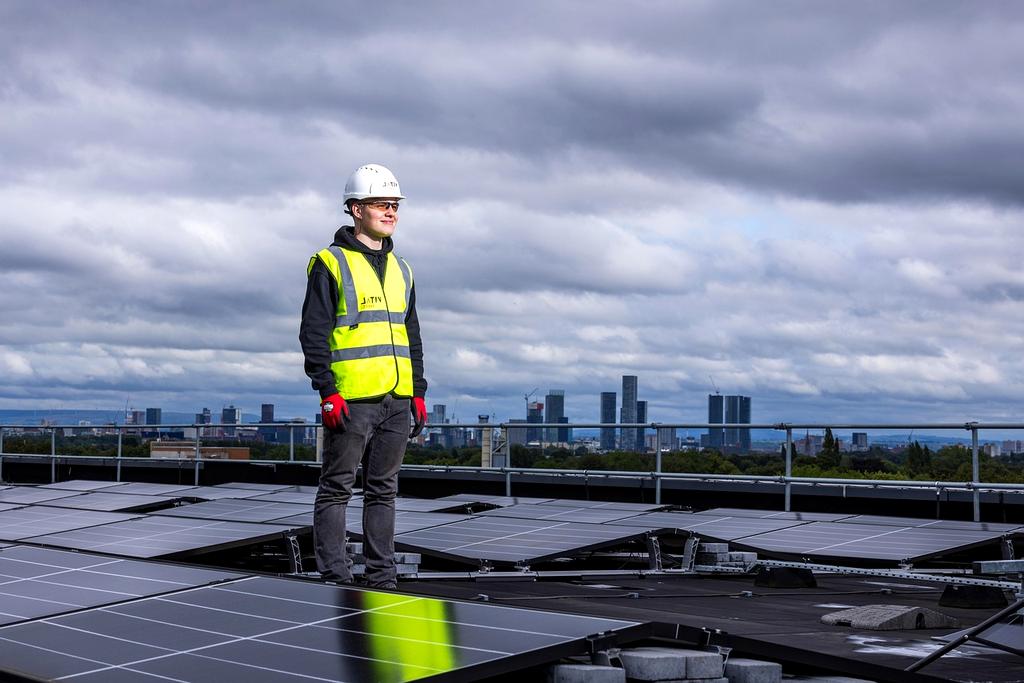Meta and Google Announce Multi-Billion Dollar AI Data Center Investments
Meta and Google are intensifying the competition in AI infrastructure, each pledging to invest billions of dollars to expand their data center capabilities for future growth in artificial intelligence.

On Monday, Meta CEO Mark Zuckerberg revealed that the company will launch the first in a series of AI data 'superclusters' next year, forming part of an investment plan reportedly in the hundreds of billions of dollars. These superclusters, featuring advanced AI accelerators, are designed to handle enormous AI workloads and solidify Meta’s leading position in the field. Sites like Prometheus and Hyperion are expected to provide multi-gigawatt computing power, rivaling the infrastructure of other major tech players.

Industry experts say Meta's efforts go well beyond just building data centers. According to Pradeep Sanyal, AI and data leader at Capgemini, "Compute supremacy is now the new battleground for frontier AI. With gigawatt-scale clusters, Meta is buying its way into a class of infrastructure that only a handful of players can match." Other tech giants, including Amazon and Anthropic, and Elon Musk's xAI initiative, have also announced their own large-scale AI cluster projects.
Meanwhile, Google has unveiled plans to spend $25 billion on data centers and AI infrastructure within the United States over the next two years. This includes a $3 billion investment to modernize two hydropower plants in Pennsylvania, ensuring these energy-intensive data centers are powered by clean, renewable energy. Google's agreement with Brookfield Asset Management will secure up to 3,000 megawatts of hydroelectric power for its operations.

As part of its broader strategy, Google's parent company, Alphabet, aims to spend $75 billion on data centers and supporting infrastructure in 2025. Experts note the contrast in approaches: Meta is investing heavily in custom-built AI clusters and recruiting top talent, while Google is balancing aggressive data center expansion with long-term renewable energy procurement to ensure grid stability and sustainability.
Meta’s approach involves significant risks, including the challenges of integrating talent and infrastructure at scale, as well as maintaining safety and public trust. If successful, it could reshape the hierarchy within AI development; if not, it could become a costly misadventure.


